Erasmus Experience in Murcia, Spain by Eliette
Why did you choose to go to Murcia, Spain?
I had the option to go to various cities, but Murcia is the one which stood out to me the most as I would never normally visit there. In addition to this, I was less interested in the other proposed cities due to the cost of living or sheer size (Madrid), or the fact that it was situated on an island (Tenerife) or because of the region itself (Vigo). Also, Murcia offered the course which corresponded with the one I had been undertaking.
How long did you stay for? How much financial aid did you receive?
I stayed there for the entire school year.
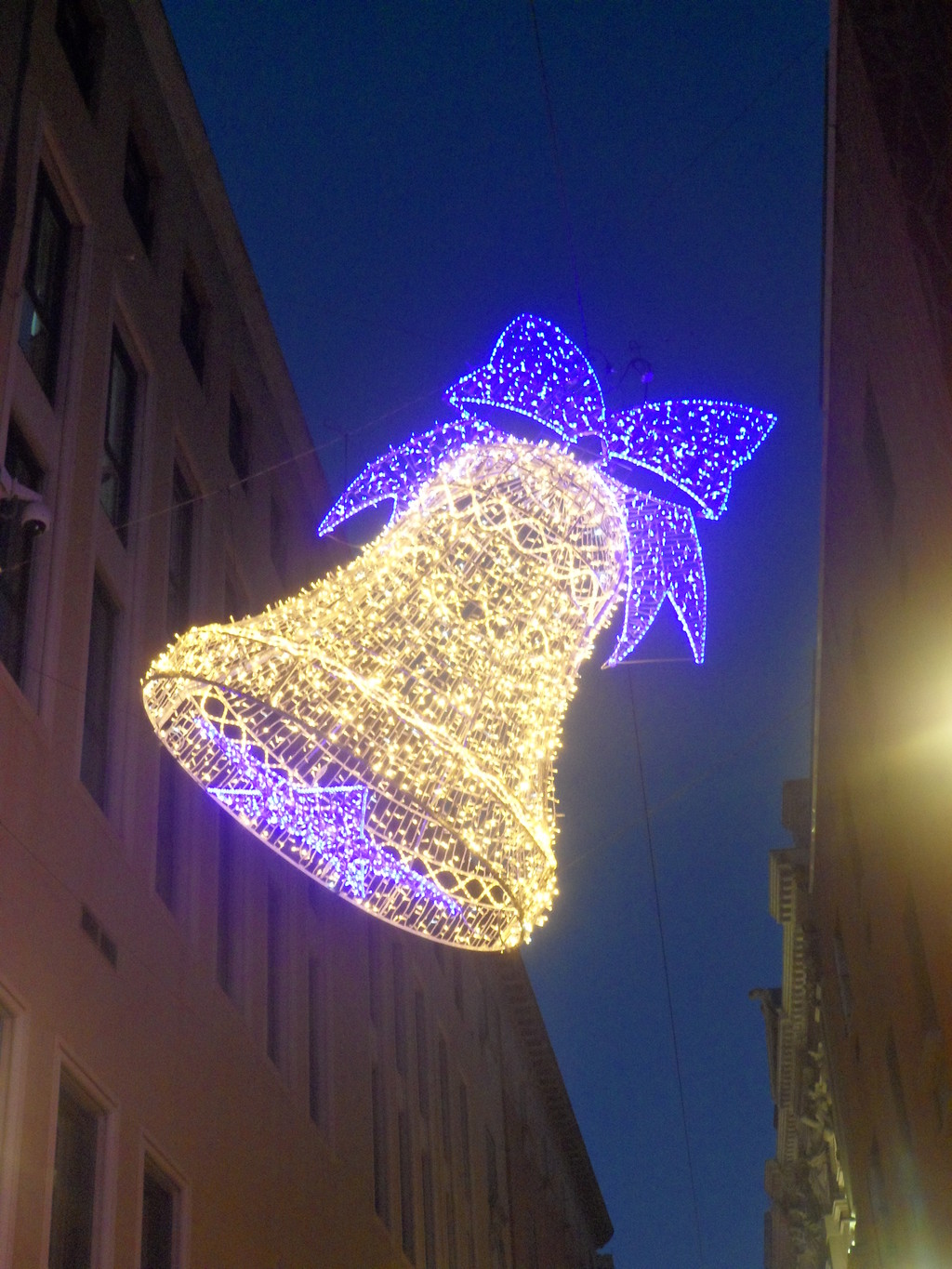
I received the Erasmus grant which was 120 euros a month, plus my region's grant, which was 800 euros.
What is student life like in Murcia?
First off, Murcia welcomes a lot of Erasmus students, which makes for a strong atmosphere in the city streets. It's also possible to go for a night out every day of the week. Erasmus associations are there to help students, organise parties, so there are a lot of what they call Tascas bars, where you go just to drink a beer or to have a dance along to the Spanish music. Spanish people generally go out from 10pm until the end of the night, as it's too hot during the day.
Would you recommend the city and the University of Murcia to other students?
This year was undoubtedly the best year of my life. I recommend Murcia to everyone! Although the city itself is not very big, you can still have a great time, meet loads of people from different countries, go out... and end up enjoying you year!
The Merced campus is very pretty when compared to my university in France. The classes themselves are also completely different. The translation teachers are young, and ask you to work in groups. I also had a module on Spanish history and English literature, and the teachers were very understanding. Generally, Erasmus students take different exams than the Spanish.
What is the country's food like?
Murcia's gastronomy is excellent, especially tapas. Specialities include Zarangollo, Marinera and Russian Salad, which you should absolutely try! Not forgetting dessert, there's Paparajote! Lastly, lemons are the most commonly grown fruit in the region and are therefore incorporated into many dishes.
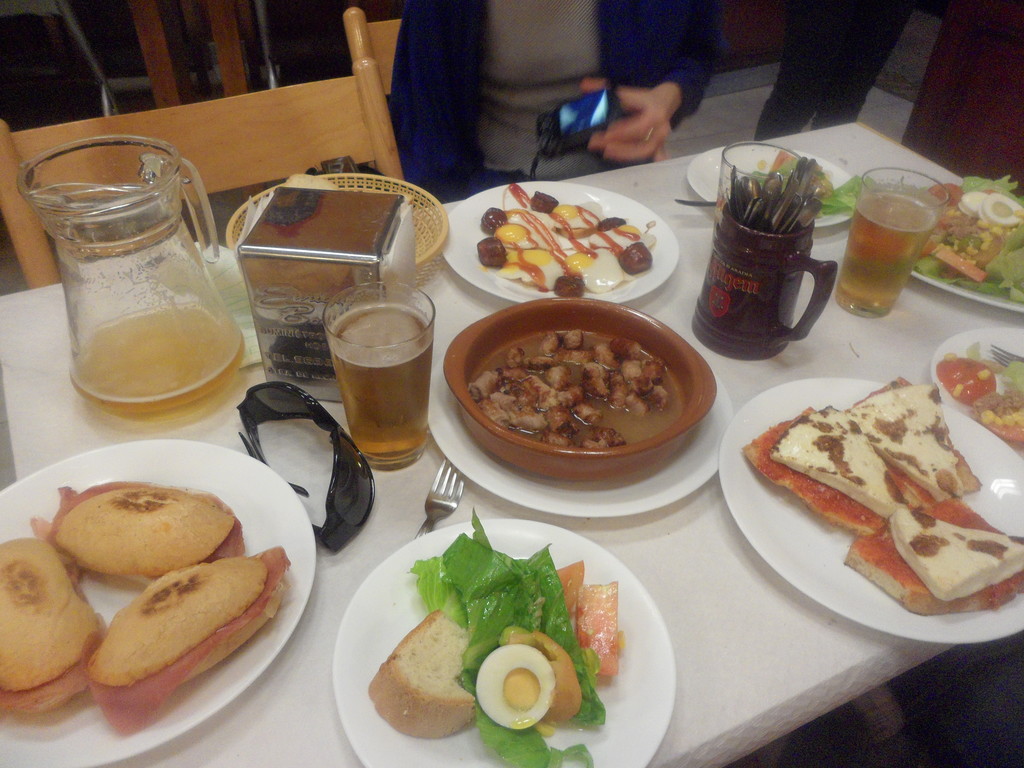
Did you have much trouble finding accommodation in Murcia?
I looked for apartments on the site easypiso.com and I easily found a shared flat, which ended up being great.
What is the cost of living like in Murcia?
Living in Murcia is cheaper than in France, and cheaper than in Strasbourg where I study. Rent is twice as cheap, as are fruits, vegetables, certain restaurants...
How's the language learning? Did you take a course organised by the University?
At the start of the year Spanish classes were offered, but I didn't do them as I had to be of a certain level in order to take part.
However, Murcia has a very specific language, with some expressions like 'Acho' which Murcians say all the time for some reason. Moreover, they do not pronounce the end of words and speak very quickly, but after a few weeks, you do get used to it. Generally, the Spaniards I knew said that the Murcian way of speaking is not a beautiful language, because it is like that of a "peasant", but as a French person I liked it, as I had the chance to live there for a year.
What is the cheapest way of getting to Murcia from your city?
As someone who came from far away, the cheapest and easiest way was to take the plane. In my case the route was Bâle-Mulhouse to Alicante, and from there the bus to Murcia.
What places would you recommend for a night out in Murcia?
Every Monday there are language tandems organised by ESN at Fosters Bar, where you can speak Spanish, English, Italian, French or German at the tables over some beers.
Every Tuesday in Puerta Falsa you could listen to Erasmus students play live music and sing. From Tuesday through to Saturday the Erasmus bar: Badulake is open, which becomes your second home. Wednesdays were ESN evenings and Fridays were themed evenings (Mexican, Italian, mojitos... ).
From Thursday, the Tascas such as Flou, Parabarap and Iguanazu open, where you can dance to some Spanish hits.
Before doing all this, it is possible to go for a beer at Colmenas or Revolver. Most of these bars close at 4am, so the evening continues at Sala REM or Luminata until 7am. If at this point you get hungry, it is still possible to grab a slice of pizza or some churros.
To conclude, any occasion is an excuse for drinking, partying, laughing and having a good time with friends!
What about eating out in Murcia? What are your favourite places?
The tapas restaurants are very cheap and you can eat great food there, such as Palomo, Zegales or Toneles. There are tons of restaurants to choose from. One of these is Mano a Mano, which is one of the best places and where I often came for a cheap meal. The Mexican place does very good, generously portioned fajitas for between 10 and 15 euros. Oïshii is where you can get all you can eat sushi for 11 euros during the week and 14 euros at the weekend.

What cultural visits would you advise?
The Cathedral, which in my opinion is the most beautiful monument in Murcia. Looking out onto an important square, you can admire it from all angles without ever getting bored of it, especially at night, when the lighting emphasizes the details You can also walk up to the bell tower to admire the view overlooking Murcia.
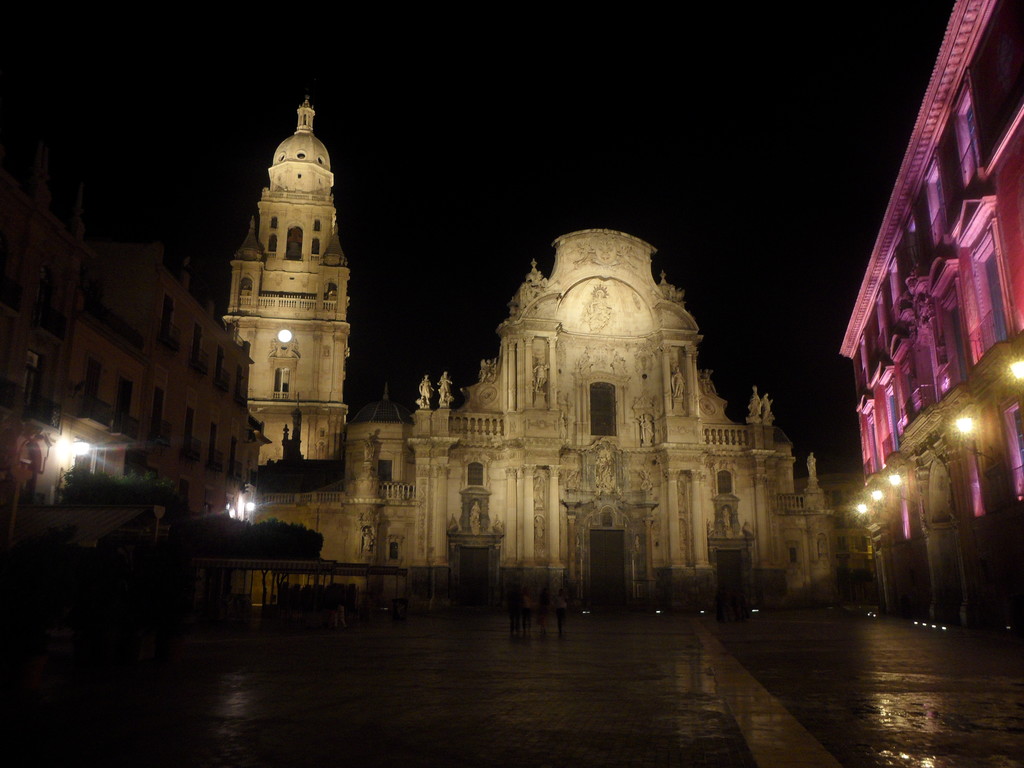
Malecón Park, which overlooks the Segura river, is tranquil and bursting with greenery. In September, it welcomes Murcia fair where you can try the city's traditional dishes. Thanks to the 'Peligros' ('dangerous' bridge), you can reach the other side of the park - this bridge is thought of as dangerous because it shakes when you walk on it.
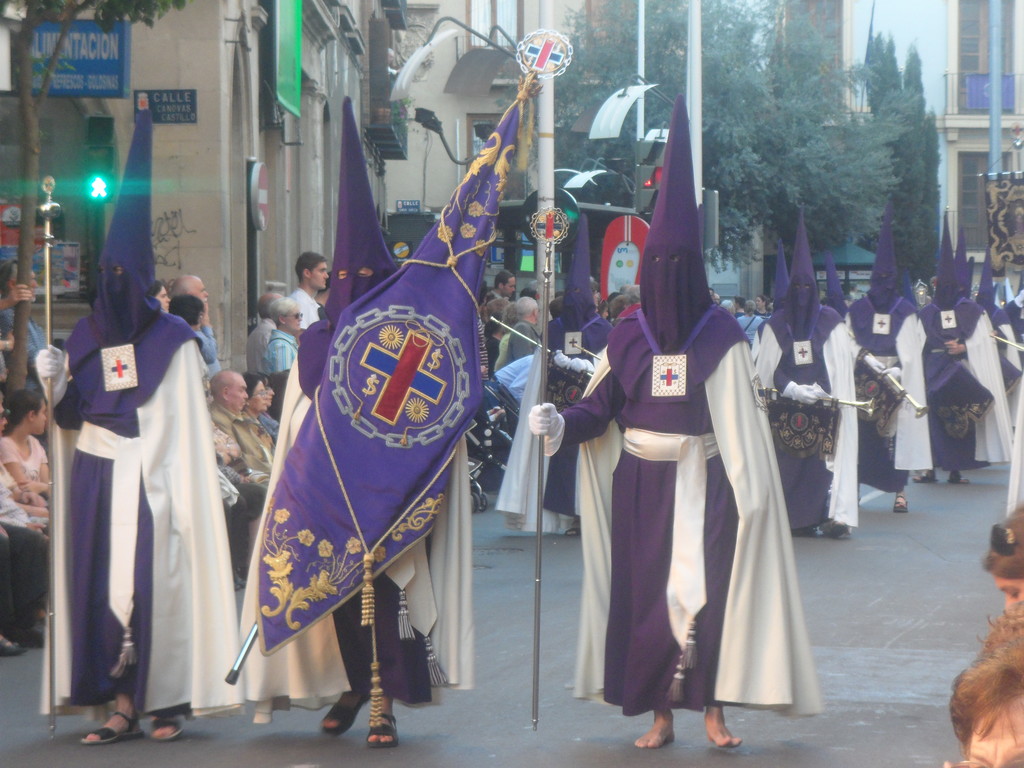
In April, the city hosts the 'fiestas de primavera' (Spring Festival) and 'bando de la huerta', where the whole of Murcia is transformed into a party, with everyone dressed up as 'Huertano' or 'Huertana' (Murcian vegetable farmers).
Lastly, there are museums worth visiting, such as that of Fine Arts.
Do you have any advice for students coming to Murcia?
First off, get a flat with air conditioning, because it remains hot until September or October, and the heat returns come April.
And lastly, make the most of it, whether you're staying long-term in Murcia or just paying the city a visit, the time flies by!
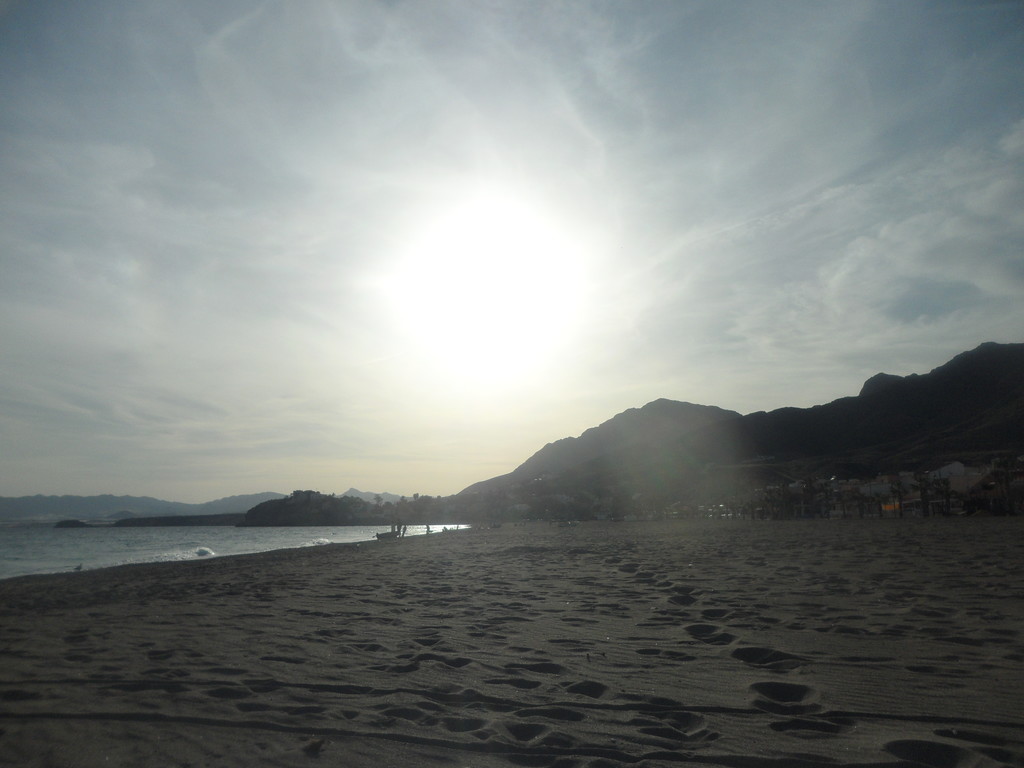
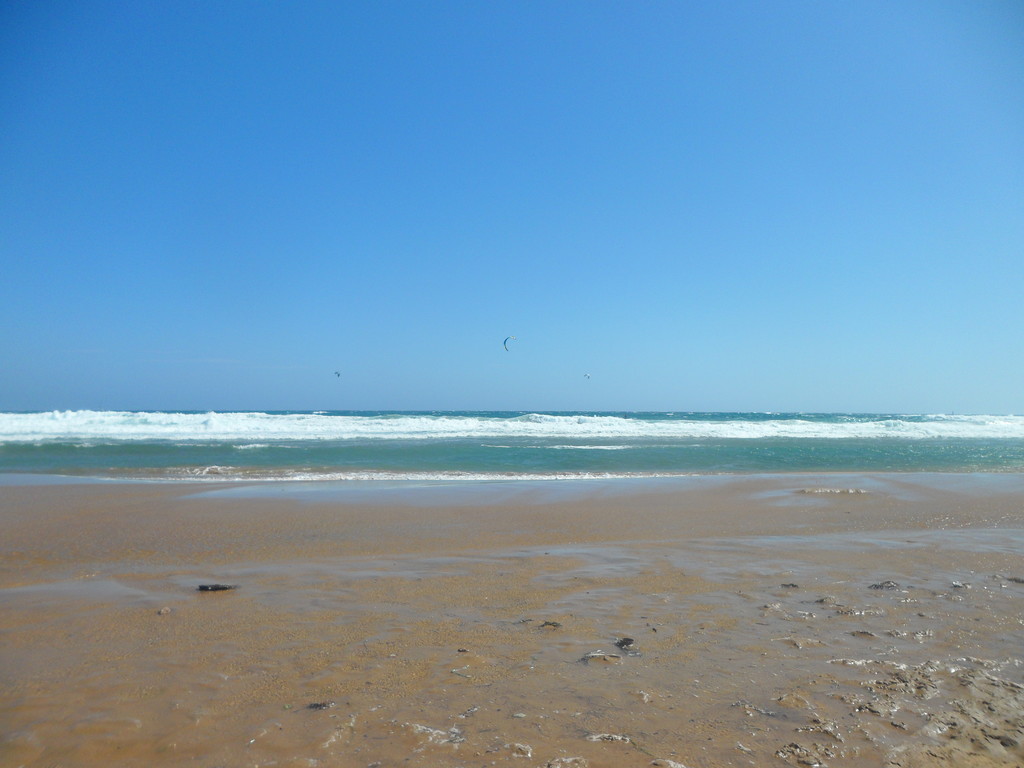
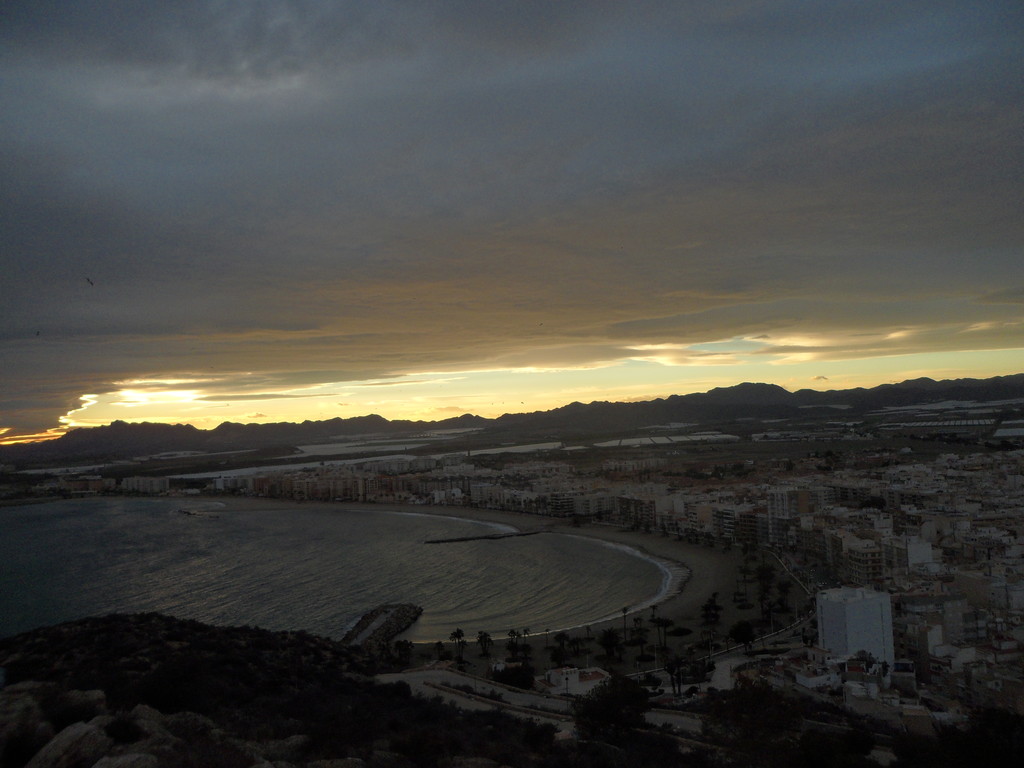
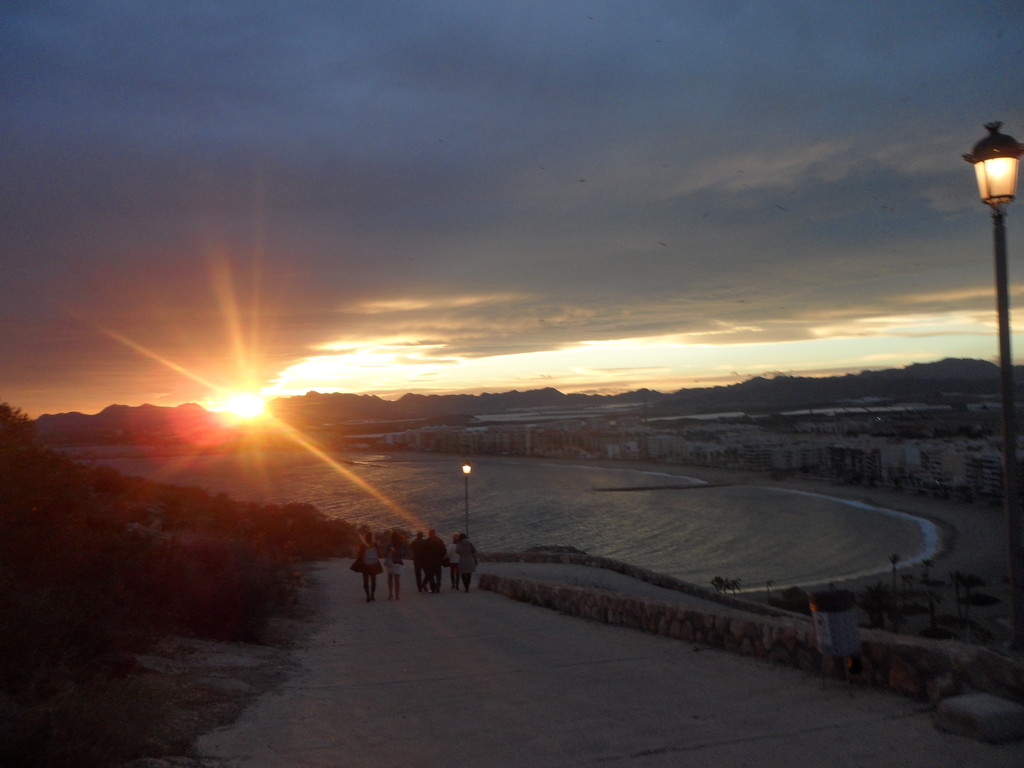
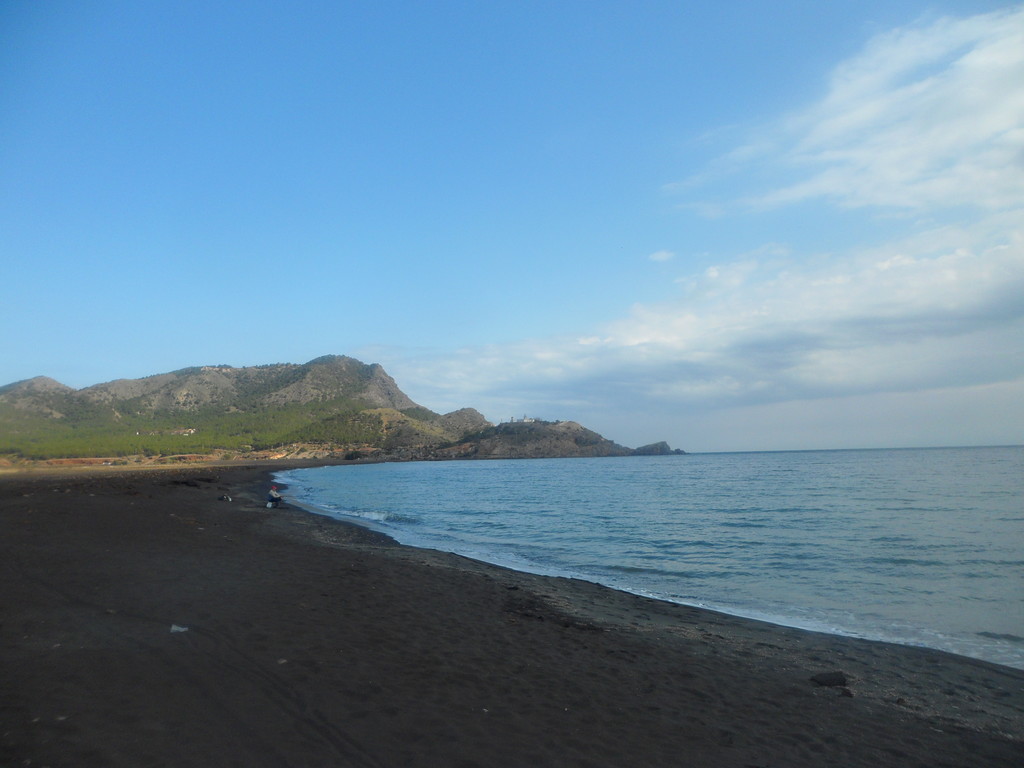
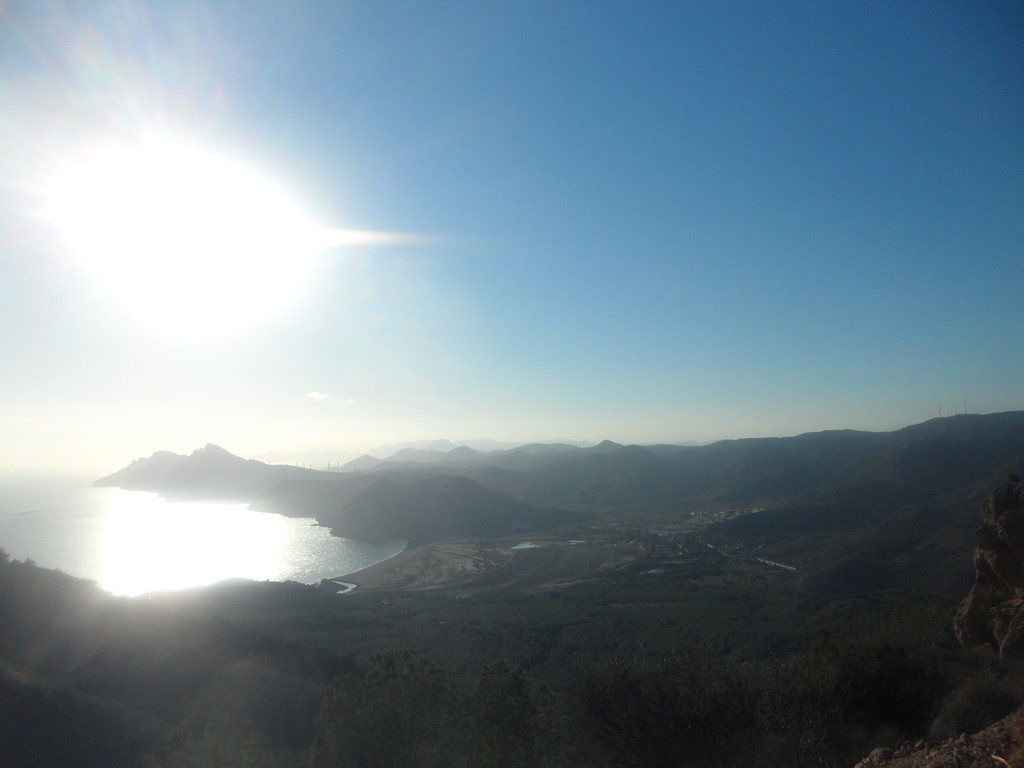
Photo gallery
Content available in other languages
Share your Erasmus Experience in Murcia!
If you know Murcia as native, traveler or as exchange student... share your opinion on Murcia! Rate different characteristics and share your experience.
Add experience →


























Comments (0 comments)